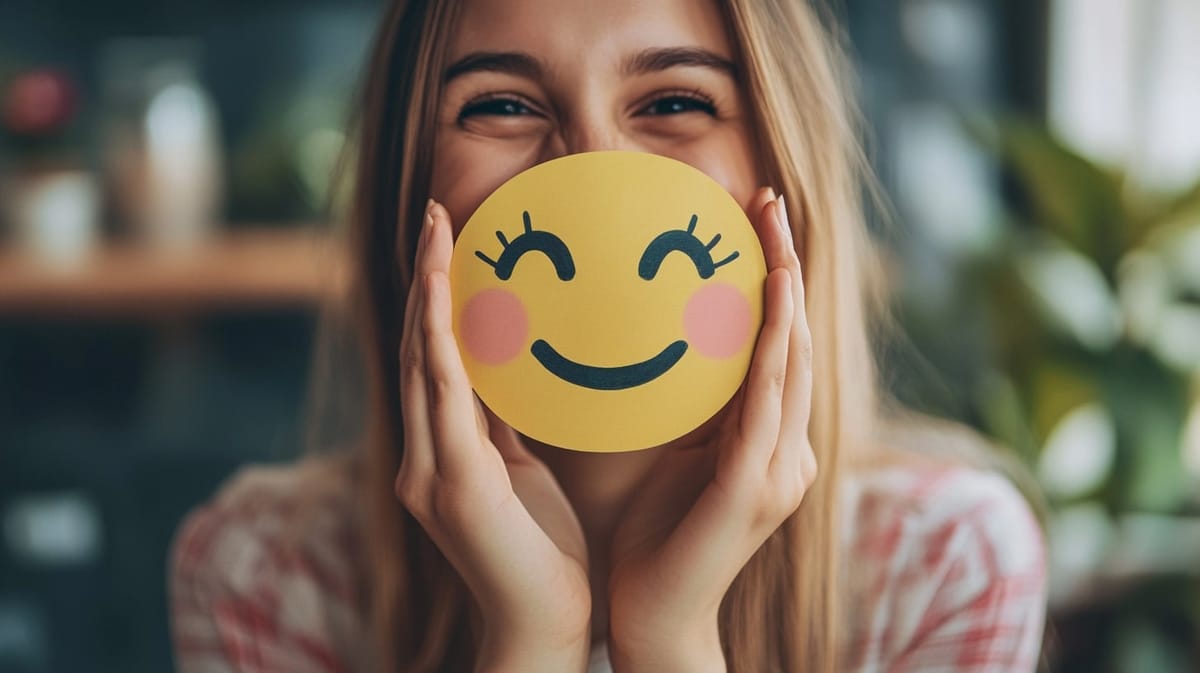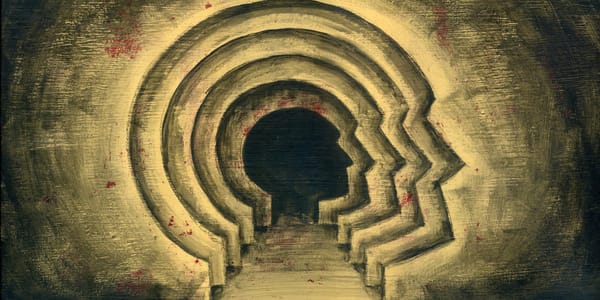😂 The Psychological Impact of Jokes: How Humor Rewires the Mind

“A day without laughter is a day wasted.” — Charlie Chaplin
We laugh, we chuckle, we giggle, and often, we underestimate the power behind it. But jokes are more than entertainment. They're mental tools, emotional release valves, and even weapons in the psychological battlefield.
In this article, we'll uncover the surprising and fascinating psychological impact of jokes, how humor shapes behavior, reduces pain, rewires thought patterns, and even uncovers hidden truths in our relationships, trauma, and identity.
Become a Joke Dose VIP — Where Every Laugh Is Premium!
🧠 1. Humor is the Brain’s Natural Painkiller
Laughter releases endorphins, the body’s feel-good chemicals. According to neuroscience, just anticipating a funny punchline increases dopamine levels, boosting mood and making the brain more resilient to stress and pain.
Scientific Fact: Studies from Stanford and Oxford reveal that humor activates the brain’s reward system, similar to the effect of chocolate or sex.
That’s why a well-timed joke in therapy, grief, or crisis can pierce through suffering like sunlight through clouds.
😌 2. Jokes Help Regulate Emotions
Humor is a form of emotional regulation. People use jokes as psychological armor against anxiety, rejection, and shame.
- A sarcastic quip can mask insecurity
- A self-deprecating joke can defuse tension
- A witty remark can reclaim power
But here's the paradox: while jokes can help process feelings, they can also repress them if overused.
Dark humor isn’t always toxic. Sometimes, it’s a trauma survivor’s secret language of strength.
🧠 3. Jokes Train the Mind to Think Differently
Every joke has a structure: setup → twist → punchline. This format trains the brain to expect the unexpected, making humor a cognitive reframe engine.
It improves:
- Abstract thinking
- Creativity
- Problem-solving skills
Comedians are low-key philosophers—they see what others miss and flip logic on its head.
In psychological terms, jokes sharpen cognitive flexibility—your ability to adapt and reframe.
🧍♂️ 4. Humor Reveals the Hidden Self
Freud called jokes the “royal road to the unconscious.” What people laugh at often reflects what they fear, repress, or desire.
- Dirty jokes hint at sexual repression
- Cruel jokes may reveal inner rage
- Absurd jokes suggest existential fears
Humor can be deeply revealing, sometimes more honest than any serious confession.
Want to know someone’s psyche? Don’t ask them about their dreams. Just listen to what they laugh at.
💬 5. Humor Builds (and Breaks) Relationships
Laughter creates social glue. Couples who laugh together stay together longer. Friendships deepen through shared humor. Even strangers bond faster when they find the same meme funny.
But humor can also divide:
- Passive-aggressive jokes breed resentment
- Mean humor signals emotional immaturity
- Jokes at someone’s expense? Emotional violence in disguise
The type of jokes you make shows the kind of energy you bring into a room.
🧠 Support Human Psychology – Help Us Keep Minds and Hearts Thriving
Suggested Joke Doses !
- One day three guys were walking on the streets - Joke Dose
- One morning while his wife was making breakfast - Joke Dose
- A guy and his girlfriend have been dating for three years - Joke Dose
- A man was having premature ejaculation problems - Joke Dose
- The old man’s bird - Joke Dose
- A Married Couple Kept Farting Horribly in Bed - Joke Dose
- OLD FOOTBALL PLAYER - Joke Dose
- Today's 4 Joke Doses
- The little policewoman stands at the intersection and regulates the traffic - Joke Dose
- A DOCTOR VISIT INDIAN TRIBE FUNNY STORY - Joke Dose
- Professional Courtesy? Joke Dose


